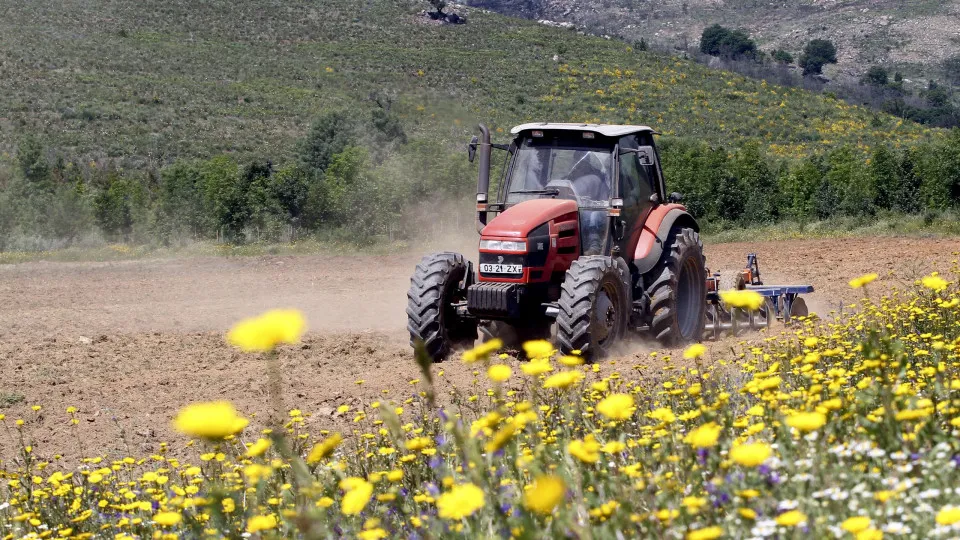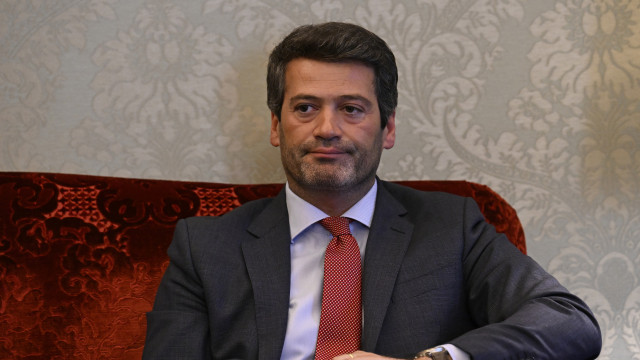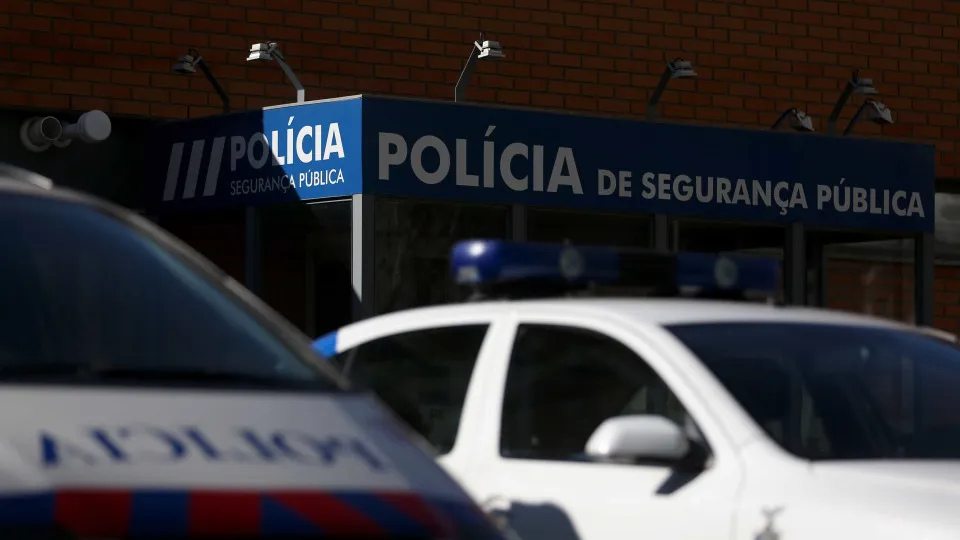
Portuguese agriculture may face annual losses of up to 510 million euros due to decreased productivity and increased costs following a decision by Brussels to prohibit the use of certain active substances, a newly released study has revealed.
“Portuguese agriculture could lose up to 510 million euros annually in revenue due to reduced productivity and increased production costs caused by the removal of essential active substances used for crop protection,” concluded a study by AGRO.GES presented by CropLife – the Association for Plant Protection Science Industry.
According to data from the National Institute of Statistics (INE), cited in the study, the impact corresponds to 7% of the national plant production forecast for 2025.
This analysis evaluates the impact of the withdrawal of 44 active substances, which are candidates for replacement by European authorities.
Twenty case studies were conducted, representing eight sectors of Portuguese agriculture—wine vineyards, olive groves for oil, corn, industrial tomatoes, Rocha pear, apple, rice, and potato.
Under the “Farm to Fork” strategy, Brussels aims to cut the use of phytopharmaceutical products by 50% by 2030.
The wine sector is highlighted with a potential loss of 161.8 million euros.
This is followed by the industrial tomato (77.1 million euros), olive grove (68.4 million euros), corn (63 million euros), potato (55.7 million euros), apple (38.2 million euros), pear (28.7 million euros), and rice (17.3 million euros).
Losses in terms of gross margin could reach 425 million euros annually, equivalent to 10.3% of the national agricultural Gross Value Added (GVA).
Regarding exports, “the losses in the sectors analyzed could have a much higher impact […]. Olive oil, wine, tomato, pear, and apple could lead to a production loss of 360 million euros, weakening the processing industry and/or export markets of these sectors.”
If the at-risk active substances were withdrawn, the vineyards in Douro, Trás-os-Montes, Beiras, and Alentejo, as well as corn, industrial tomato, and rice in Mondego, would “probably disappear” due to decreased productivity and increased costs.
Meanwhile, the olive grove, pome fruits, vineyards in the vinho verde regions and Lisbon and Tagus Valley, potato, and rice in Ribatejo would remain viable “but with very significant losses, potentially jeopardizing their associated investments.”
Confronted with these study conclusions, AGRO.GES recommends analyzing impacts on other agricultural sectors in Portugal and carefully considering the implementation of Brussels’ strategy.
Additionally, it supports the importance of “reinforcing a regulatory balance” concerning the approval of active substances, based on solid scientific data.
There is also a suggestion to foster innovation by promoting the integration of biopesticides, digital agriculture, and precision technologies, “without forgetting the indispensable role of phytopharmaceutical products in the short and medium term.”
CropLife (formerly Anipla) was established in 1992 and represents entities that research, develop, and market solutions to enhance agricultural production sustainably.




